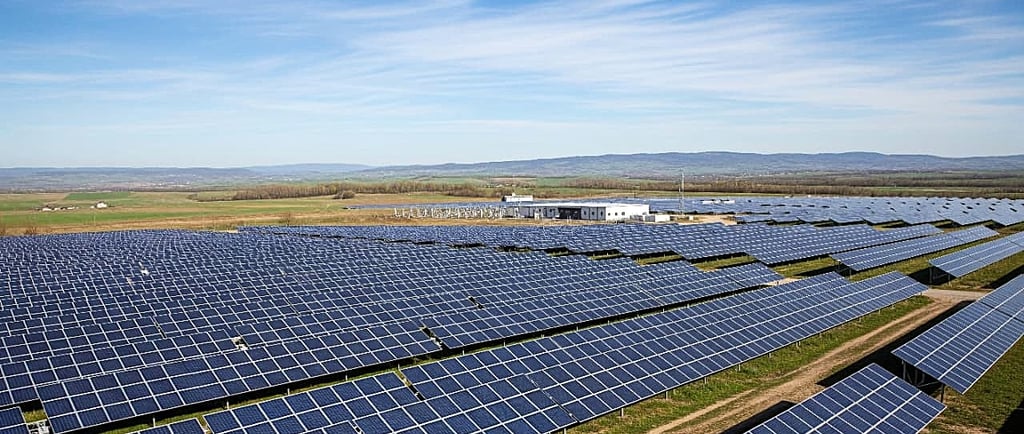Pakistan Approves 100 MW Solar Project to Transform Gilgit-Baltistan
Pakistan has approved a 100 MW solar project for Gilgit-Baltistan, set to deliver clean energy, reduce blackouts, and boost economic growth in the region.
Raja Awais Ali
8/12/20252 min read


Pakistan Approves 100 MW Solar Project to Transform Gilgit-Baltistan’s Energy Future
Pakistan has taken a major step toward renewable energy development with the approval of a 100 MW solar photovoltaic power project for Gilgit-Baltistan, a region long affected by chronic power shortages, especially during harsh winters. Officially sanctioned by the Executive Committee of the National Economic Council (ECNEC) on August 9, 2025, the project reflects Prime Minister Shehbaz Sharif’s commitment to delivering sustainable energy solutions to remote and underserved areas. Estimated at a cost of PKR 24.957 billion and scheduled for completion within three years, the initiative will be implemented in three carefully planned phases to ensure fair distribution and targeted impact.
In the first phase, Skardu will receive 18.958 MW of solar-generated electricity, immediately addressing urgent local needs. The second phase will extend power supplies to Hunza with 6.005 MW, Gilgit with 28.013 MW, and Diamer with 13.126 MW. The third phase will expand coverage to the remaining districts, including Astore, Darel, Tangir, Ghanche, Ghizer, Ishkoman, Nagar, Rondu, and Shigar, with an additional 16.096 MW of electricity. To support critical public services, 18.162 MW of off-grid solar power will be dedicated to hospitals and government offices, ensuring uninterrupted operations even in remote or disaster-prone locations.
Gilgit-Baltistan has historically depended heavily on hydropower, but freezing winters often reduce water flow, causing prolonged blackouts that can last over 20 hours a day. This solar initiative aims to reduce reliance on seasonal hydropower, diversify the region’s energy mix, and provide a cleaner, more reliable power supply year-round. The government emphasizes that the project will not only improve residents’ quality of life but also boost local industries, tourism, and small businesses that have long suffered due to unstable electricity.
By harnessing the region’s abundant sunlight, Pakistan is taking a meaningful step toward achieving its broader renewable energy targets, which align with global sustainability goals and climate change mitigation strategies. Experts believe this project could serve as a model for other high-altitude and remote regions facing similar challenges, proving that renewable solutions are viable even in complex terrains.
Prime Minister Shehbaz Sharif’s administration views the solar project as part of a wider strategy to position Pakistan as a leader in green energy in South Asia while enhancing national energy security. As construction begins, local communities, environmental experts, and development partners will closely monitor progress, with hopes that timely completion will mark a turning point in the region’s energy resilience. If executed as planned, the 100 MW solar project in Gilgit-Baltistan will not only light up homes and power businesses but will also send a clear message that Pakistan is ready to embrace a sustainable, clean, and inclusive energy future.